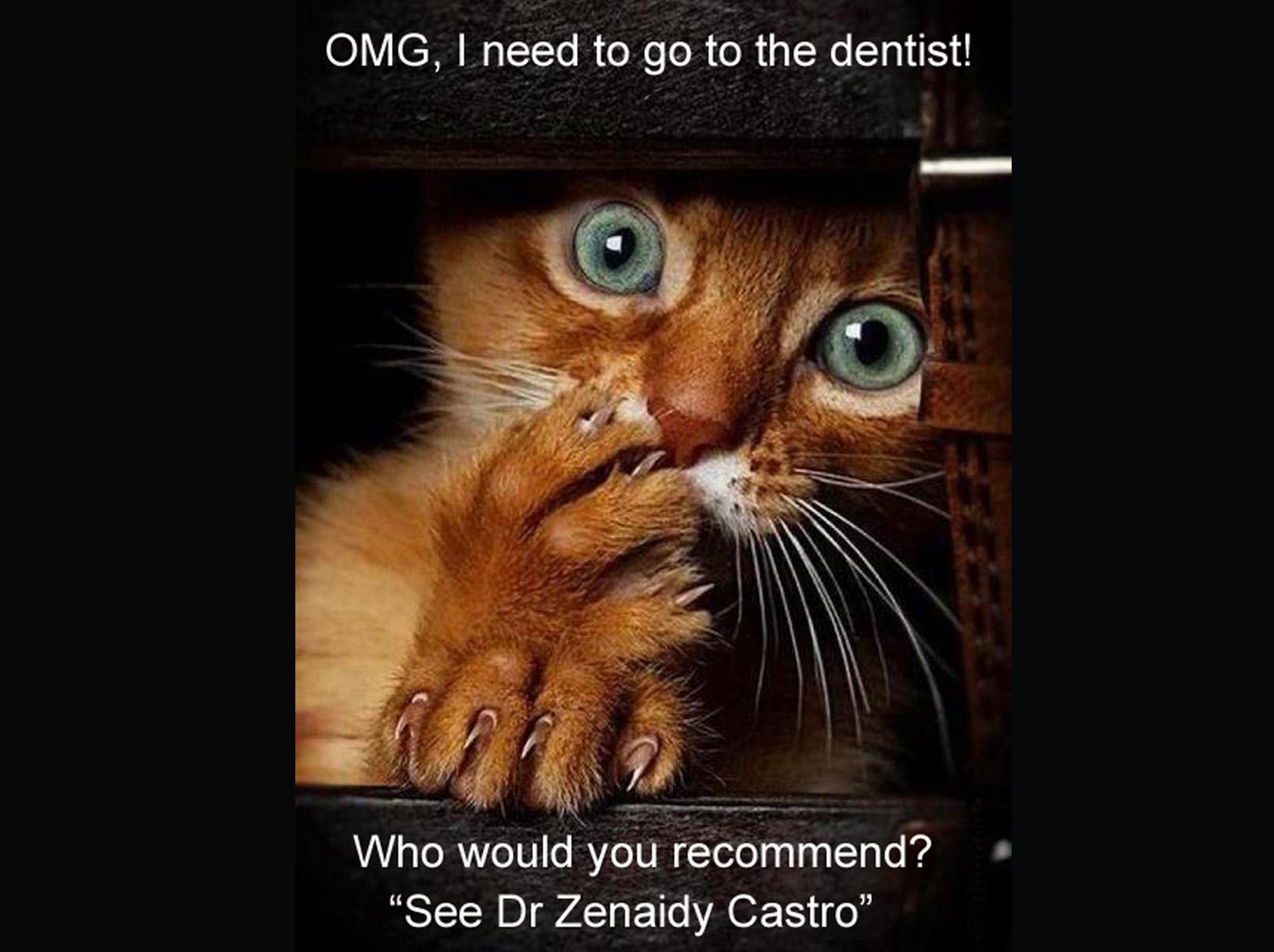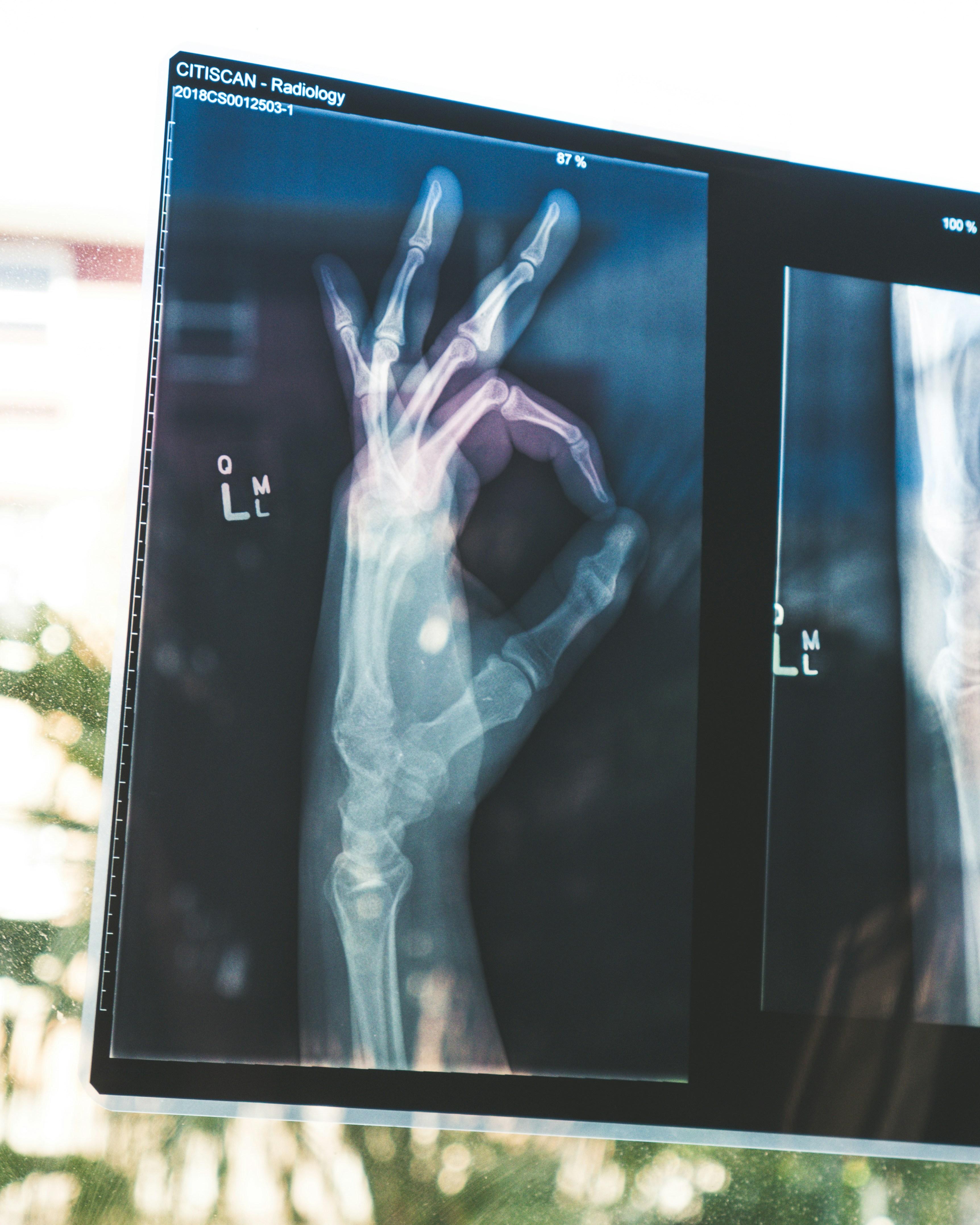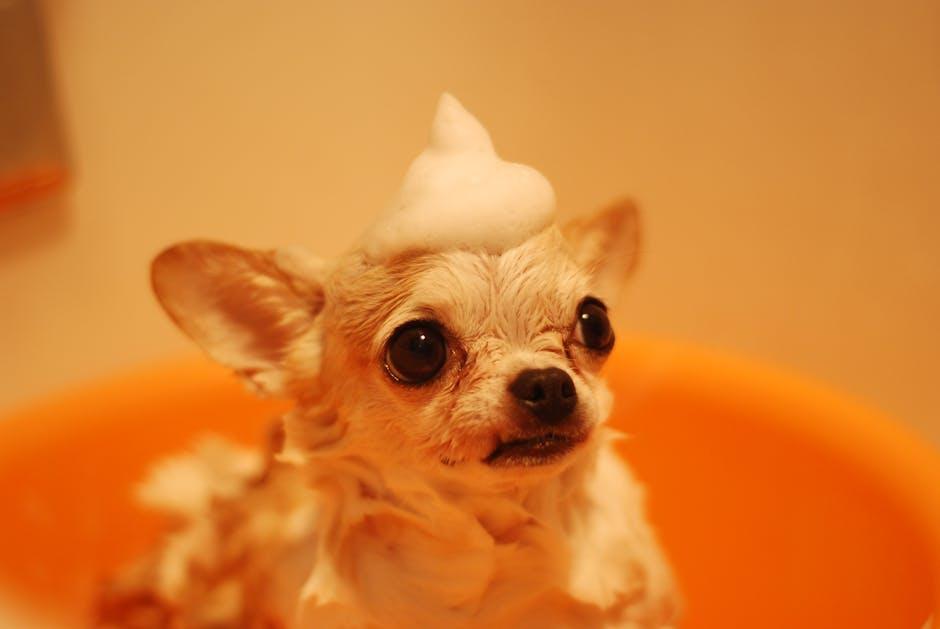In the cozy corners of our homes, where wagging tails and gentle purrs bring joy, there’s a silent battle unfolding in the mouths of our beloved pets. As we shower them with love and the occasional treat, a question lingers: is a professional dental cleaning truly necessary, or can natural chews stand as sentinels against oral disease? Join us on a journey through wagging tails and curious whiskers as we explore the intricate dance between nature’s remedies and modern veterinary care, uncovering what truly keeps those furry smiles bright and healthy.
Exploring the Necessity of Professional Pet Dental Care
When it comes to our furry companions, their oral health is just as vital as ours. While natural chews like bones and dental treats can help reduce plaque, they often fall short in providing comprehensive dental care. These chews can indeed be part of a good oral hygiene routine, but relying solely on them might not be enough to prevent oral diseases.
Professional pet dental care offers a more thorough approach. Some benefits include:
- Deep Cleaning: Veterinary cleanings reach below the gumline, where many issues start.
- Early Detection: Regular check-ups can identify problems like gingivitis before they escalate.
- Expert Guidance: Veterinarians can provide personalized advice tailored to your pet’s specific needs.
By integrating professional dental care with home care practices, we ensure our pets enjoy a healthier, happier life.
Natural Chews: A Tasty Solution or Temporary Fix?
Natural chews have gained popularity among pet owners seeking a more holistic approach to their furry friend’s dental health. These chews, often made from ingredients like sweet potatoes, bully sticks, or yak milk, not only serve as a delightful treat but also aim to combat plaque and tartar buildup. The texture and consistency of these chews can help scrape away debris, potentially freshening breath and supporting gum health. However, the question remains: are they a complete solution?
While natural chews offer several benefits, they may not replace regular dental cleanings. Here’s why:
- Limited Reach: Chews may not access all areas of the mouth, especially the back teeth.
- Variable Effectiveness: Different chews have varying levels of success depending on the pet’s chewing habits and the chew’s material.
- Supplemental Aid: They should be viewed as part of a comprehensive dental care routine, rather than a standalone solution.
Incorporating natural chews can be a tasty and enjoyable addition to your pet’s dental care, but they work best when combined with regular vet visits and professional cleanings.

Understanding the Risks of Ignoring Pet Oral Health
Neglecting your pet’s oral hygiene can lead to more than just bad breath. Ignoring dental care might result in severe health issues, as bacteria from the mouth can enter the bloodstream, potentially affecting the heart, liver, and kidneys. Over time, untreated dental problems can cause chronic pain and discomfort for your furry friend.
- Gum Disease: Plaque buildup can lead to gingivitis and periodontal disease, causing inflamed gums and tooth loss.
- Infections: Abscesses and oral infections can develop, leading to systemic health issues.
- Reduced Appetite: Painful dental conditions may make eating difficult, affecting your pet’s nutrition.
While natural chews can be beneficial, they often aren’t enough to fully protect against these risks. Regular professional cleanings and at-home dental care are vital in maintaining your pet’s overall health and happiness.

Expert Tips for Maintaining Your Pet’s Bright Smile
Keeping your pet’s smile sparkling requires a combination of strategies. Here are some expert tips to ensure those pearly whites stay healthy:
- Regular Brushing: Use a pet-specific toothbrush and toothpaste to gently clean their teeth. Aim for at least 2-3 times a week.
- Dental Chews: Incorporate natural chews into their routine. These not only satisfy their chewing instincts but also help reduce plaque.
- Professional Cleanings: Schedule regular vet visits for professional cleanings to tackle any stubborn tartar buildup.
- Healthy Diet: Provide a balanced diet that supports oral health. Some specially formulated foods can help maintain clean teeth.
- Watch for Warning Signs: Keep an eye out for bad breath, swollen gums, or changes in eating habits, which might indicate oral issues.
Combining these practices can help ensure your pet’s mouth remains as healthy as their wagging tail is happy!


































